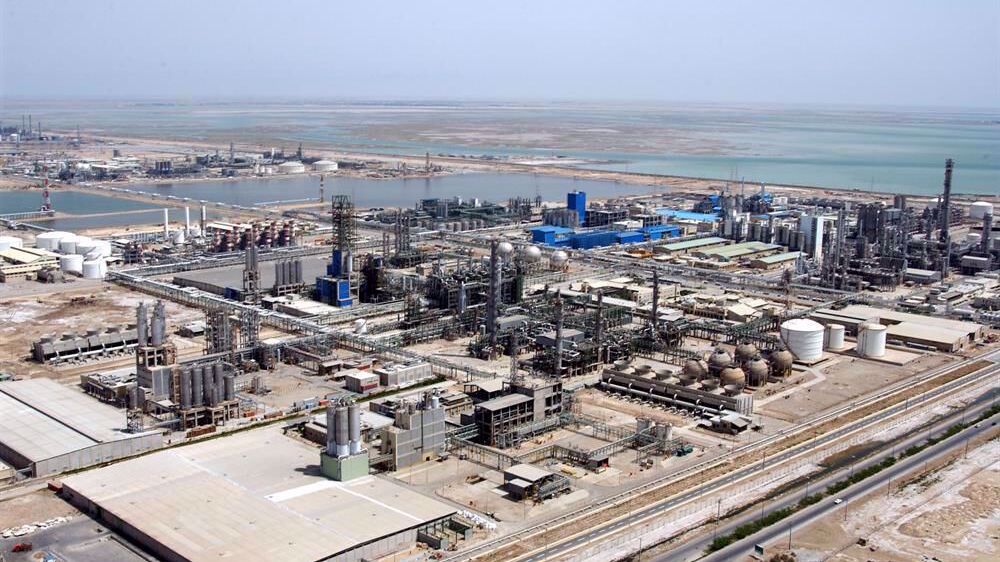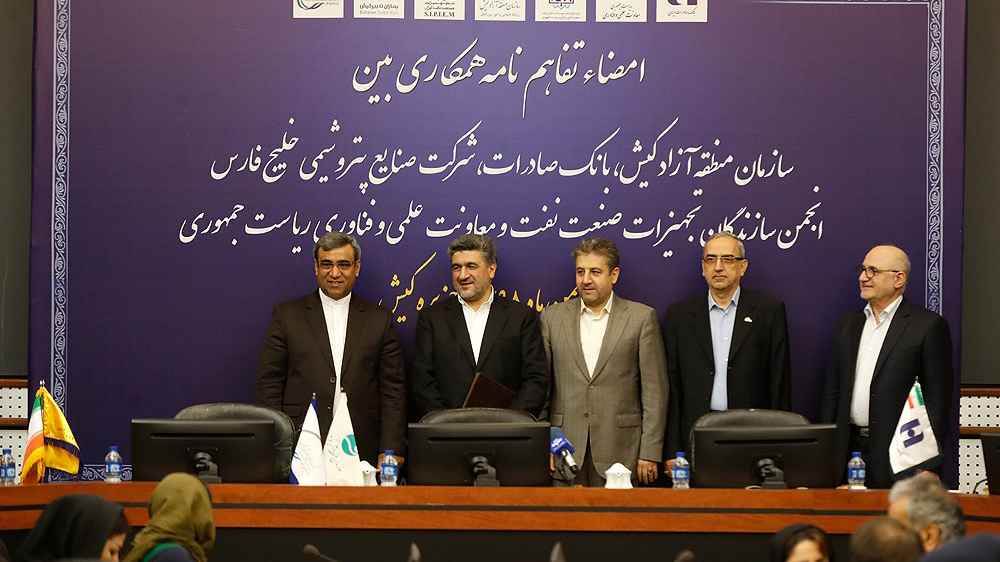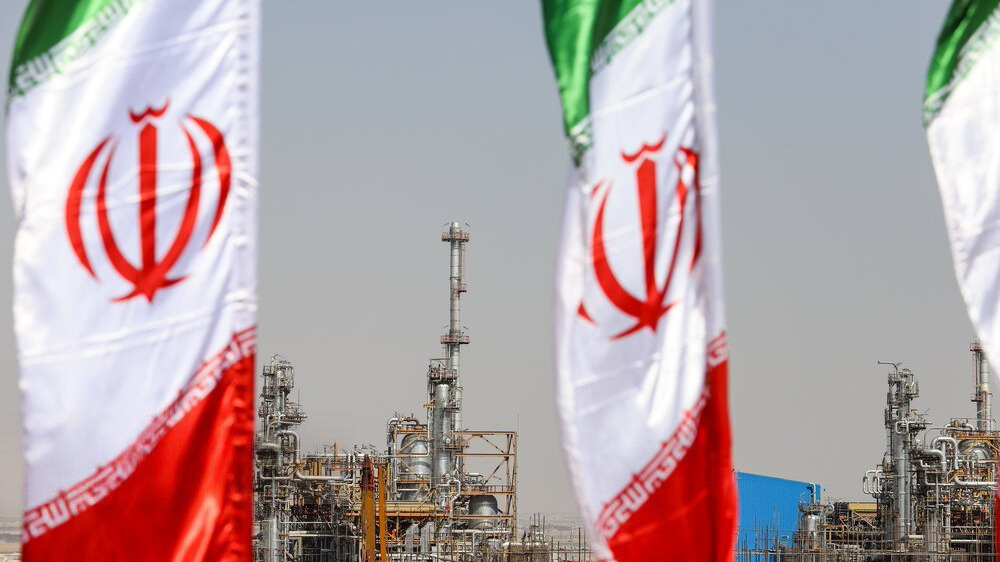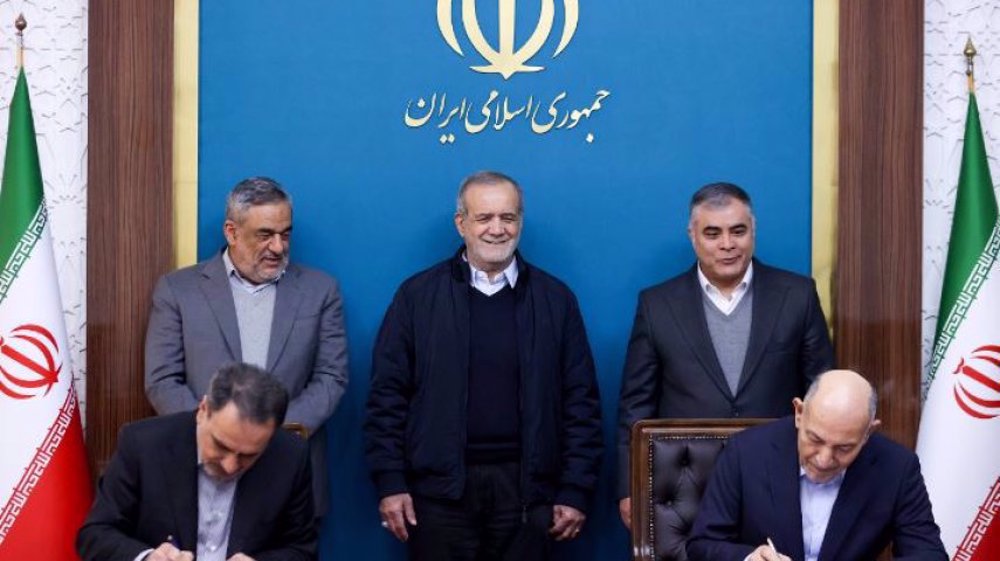Iran petrochemical sector fights its way out of US chokehold
Iran's petrochemical revenues will top a record $20 billion in the current Persian year of 1400 which ends on March 20, 2022, Managing Director of the National Petrochemical Company (NPC) Behzad Mohammadi says.
"About $14 billion of this will be in foreign exchange earnings and $7 billion in domestic sales, which is a significant record and this amount of income will be reached for the first time in the petrochemical industry," he added.
Six petrochemical projects will come online by the time and another five in the first half of the next Iranian year, enabling the country to hit a new milestone in its burgeoning industry.
They are part of 50 projects which the NPC has pitched for development, Mohammadi said, adding they are expected to raise Iran's total petrochemical production to 137 million tonnes and its revenues to $37 billion in the Persian year of 1404.
In 1406, overall production will reach 167 million tonnes worth $50 billion, when three mixed feed projects for a variety of petrochemical products and 33 projects to meet the needs of downstream industries will come on stream, he said.
"This issue is very important for the role of the National Petrochemical Company and the petrochemical industry in the country's macroeconomy," Mohammadi added.
The Persian Gulf port city of Mahshahr is the oldest petrochemical hub where one-third of Iran's production capacity using associated gas is based.
In January, Iran inaugurated the $3.4 billion Persian Gulf Bidboland gas refinery to process associated gas from crude oil production, rather than burn it through flaring.
The plant, built by Iranian companies, has a daily capacity to process 56 million cubic meters per day of associated gas, including 13.5 million tonnes per year of sour gas and 2.25 million tonnes per year of sweet gas.
In February, knowledge-based Iranian companies clinched deals worth billions of euros at the second specialized forum on supporting domestic production in petrochemical industries.
More than 40,000 billion rials (800 million euros) of contracts and memorandums were signed with domestic manufacturers to localize production of spare parts, fixed and rotating equipment, chemicals and catalysts.
Head of the Society of Iranian Petroleum Industry Equipment Manufacturers (SIPIEM) Majid Mohammadpour said then local firms had also signed 3.2 billion euros worth of initial contracts with the Persian Gulf Petrochemical Industries Company (PGPIC) with the aim of supplying goods and equipment for petrochemical projects.
Local providers, he said, supply 80% to 85% of the equipment required in oil, gas, petrochemical and refining projects.
Iran’s petroleum industry has been looking inward, going out of its way to put unprecedented trust in local companies for the implementation of some major projects.
As an example, a multibillion-dollar deal to develop phase 11 of supergiant South Pars gas field has been awarded to Iran’s Petropars after French oil major Total and the China National Petroleum Corp (CNPC) withdrew from the project.
Petrochemical exports are a crucial boon to Iran’s derive to weather draconian US sanctions which mainly aim to dry up the Islamic Republic’s oil exports.
Iranian officials say the wide diversity of petrochemical products and huge international demand for them because of their quality and price make the industry unsanctionable.
The US imposed sanctions on Iran's petrochemical industry, including the PGPIC which is the country's largest petrochemical holding group and its network of 39 subsidiary petrochemical companies in June 2019.
It banned purchases of Iranian aromatic, olefin, and synthesis gas, and any of their derivatives, including ethylene, propylene, butadiene, benzene, toluene, xylene, ammonia, methanol, and urea.
The Treasury Department said in a statement at the time that the sanctions aimed to choke off financing for Iran’s largest and most profitable petrochemical group.
“Sanctions against Iran's petrochemical industry are not a new thing, because we have been struggling with these issues for many years, and have still been able to build an appropriate production and sale basis,” Mohammadi said then.
‘Bloodbath in newsroom’: Bezos-owned Washington Post launches sweeping layoffs
Iran, US to hold nuclear talks in Muscat on Friday: FM
UN experts decry Israeli bill allowing execution of Palestinians
Epstein–Barak recording exposes multimillion-dollar fees paid to Tony Blair
UK Palestine Action activists acquitted of burglary in Elbit factory raid
Oman to broker fresh round of Iran-US talks on February 6: Reports
VIDEO | Iran unveils space technology milestones
Israel to shut water, electricity at UNRWA facilities in occupied territories











 This makes it easy to access the Press TV website
This makes it easy to access the Press TV website